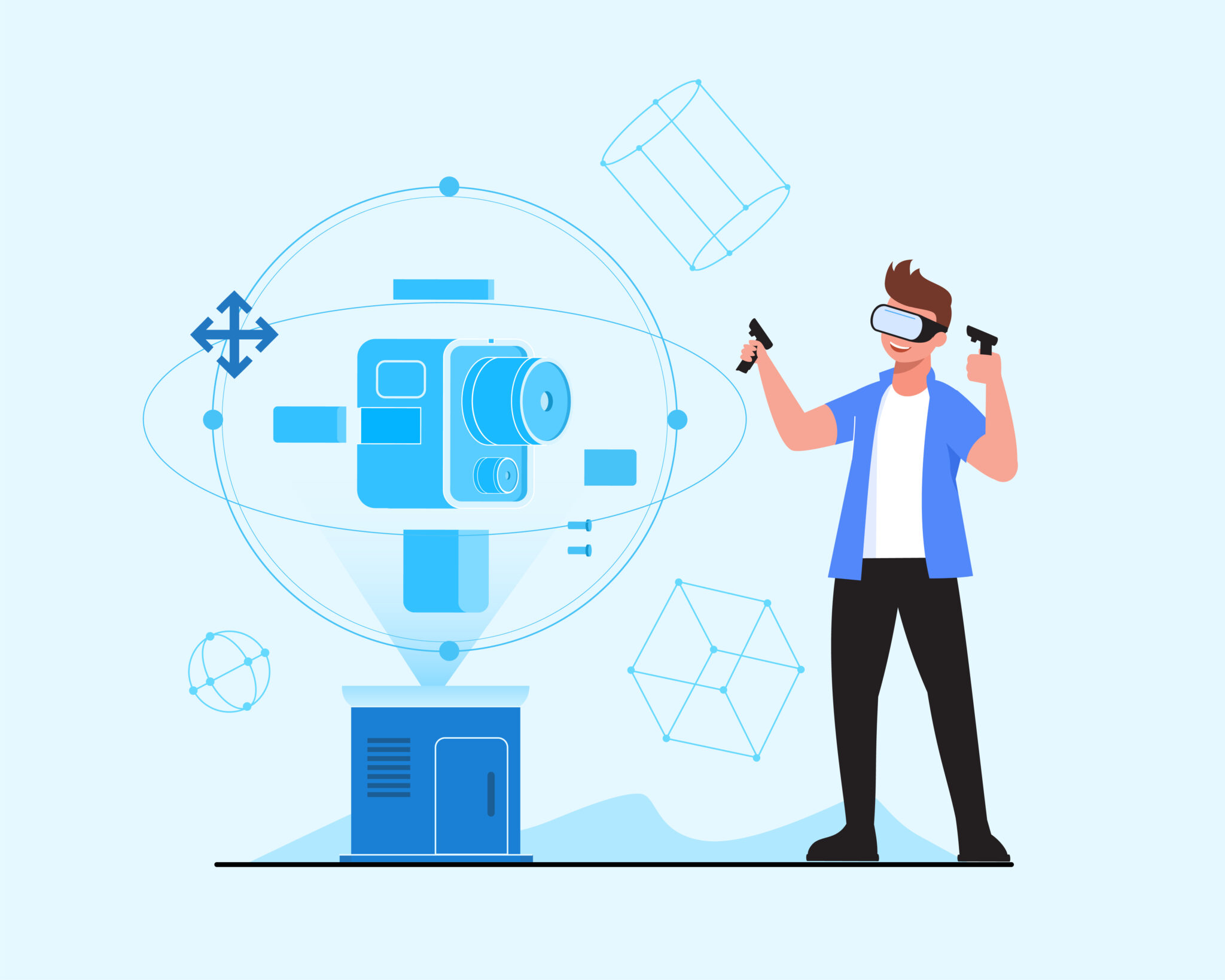In today’s digital age, technology has transformed the landscape of education, offering innovative solutions to support special education needs. The use of learning resources for students with special needs has become increasingly essential, providing customized and accessible tools to enhance learning experiences. This article explores various digital resources that can effectively support special education, ensuring that every student has the opportunity to thrive academically.
Customized Learning Platforms
Customized learning platforms are specifically designed to meet the unique needs of students with disabilities. These platforms offer a range of features, including adaptive learning paths, interactive activities, and real-time feedback. By utilizing online learning tools, educators can create personalized learning experiences that cater to the individual strengths and weaknesses of each student, promoting a more inclusive educational environment.
Interactive Educational Apps
Interactive educational apps have become invaluable learning resources for students with special education needs. These apps are designed to engage students through interactive content, games, and activities that enhance their cognitive and motor skills. Many apps offer customizable settings to accommodate different learning styles and abilities, making them an effective online learning tool for special education.
Assistive Technology Devices
Assistive technology devices play a crucial role in supporting students with special needs. Devices such as speech-to-text software, screen readers, and augmentative and alternative communication (AAC) tools enable students with disabilities to access and interact with educational content more effectively. These devices empower students to overcome barriers to learning, fostering greater independence and confidence in their abilities.
Virtual Classrooms and Collaboration Tools
Virtual classrooms and collaboration tools have revolutionized the way special education is delivered. These platforms enable students to participate in live classes, group discussions, and collaborative projects from the comfort of their homes. Online learning tools such as video conferencing software, virtual whiteboards, and collaborative document editing tools facilitate seamless communication and interaction between students, teachers, and peers, enhancing the overall learning experience.
Online Educational Resources and Courses
The internet offers a wealth of online educational resources and courses tailored to the needs of special education students. Websites and online platforms provide access to a vast array of learning materials, including e-books, instructional videos, and interactive lessons. These resources serve as valuable learning tools, allowing students to learn at their own pace and revisit concepts as needed to reinforce their understanding.
Gamified Learning Experiences
Gamified learning experiences are highly effective in engaging and motivating students with special needs. By incorporating game-based elements into educational content, students are more likely to stay focused and interested in their studies. Online learning tool that utilizes gamification techniques can help reinforce key concepts, improve retention, and make learning more enjoyable for students with special education needs.
Speech and Language Therapy Tools
Speech and language therapy tools are essential for students with communication disorders. Digital resources such as speech therapy apps, language development programs, and virtual speech therapy sessions provide targeted support to enhance students’ communication skills. These online learning tools offer interactive exercises, visual aids, and real-time feedback, making speech and language therapy more accessible and effective.
Behavioral and Social Skills Training
Behavioral and social skills training is a critical component of special education. Digital resources that focus on these areas include social skills training apps, behavior management programs, and virtual reality simulations. These tools provide students with opportunities to practice and develop essential social and behavioral skills in a safe and controlled environment, preparing them for real-life interactions and situations.
Conclusion
The integration of digital resources in special education has opened up new possibilities for supporting students with diverse learning needs. From customized learning platforms to interactive educational apps and assistive technology devices, there is a wide range of online learning tools available to enhance the educational experiences of students with special needs. By leveraging these resources, educators can create inclusive and supportive learning environments that empower all students to reach their full potential. For more information and access to a variety of educational tools, visit educational.tools.

